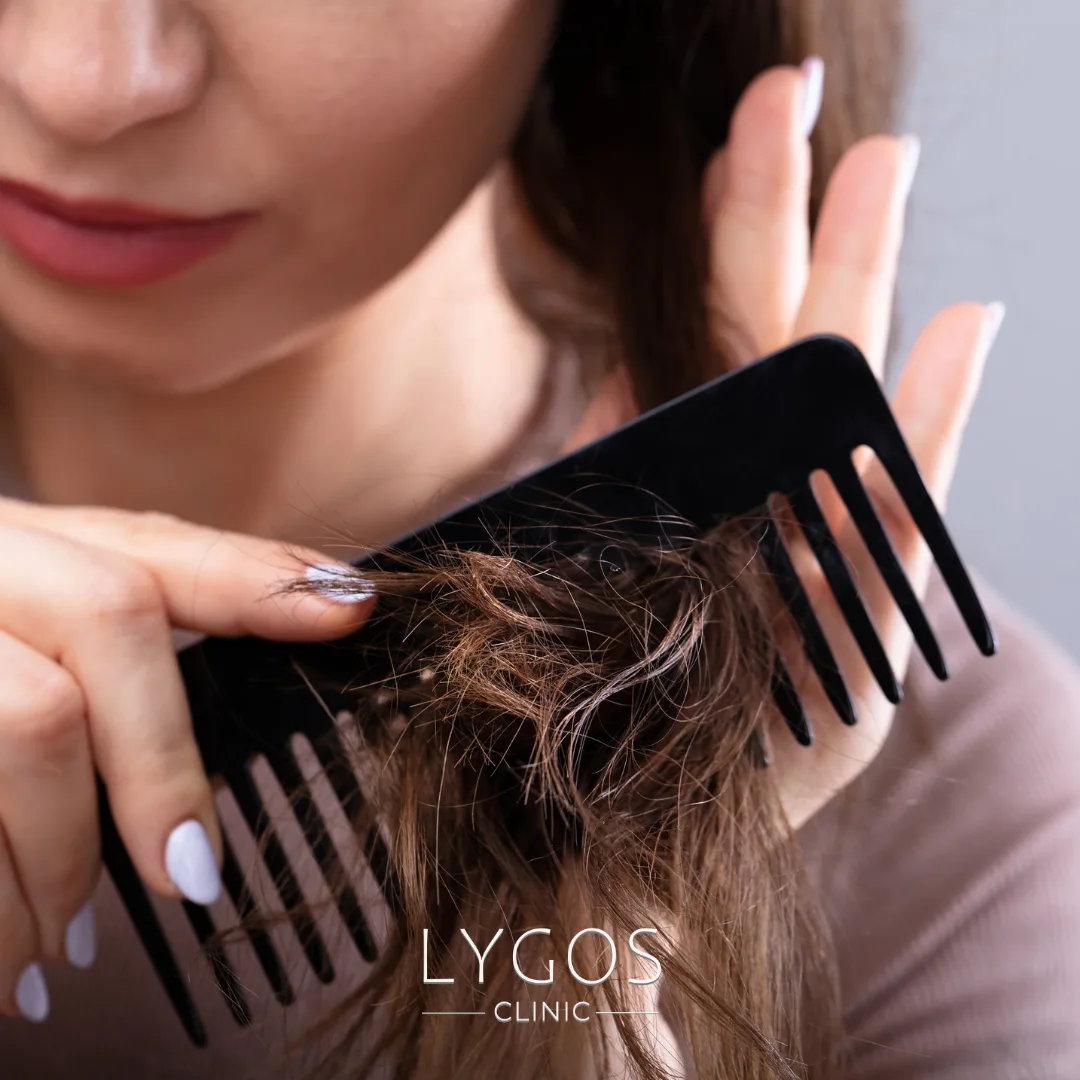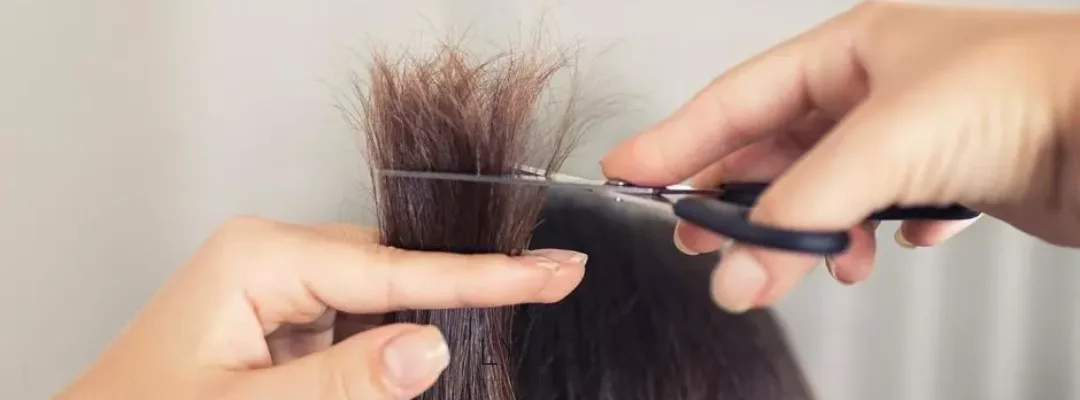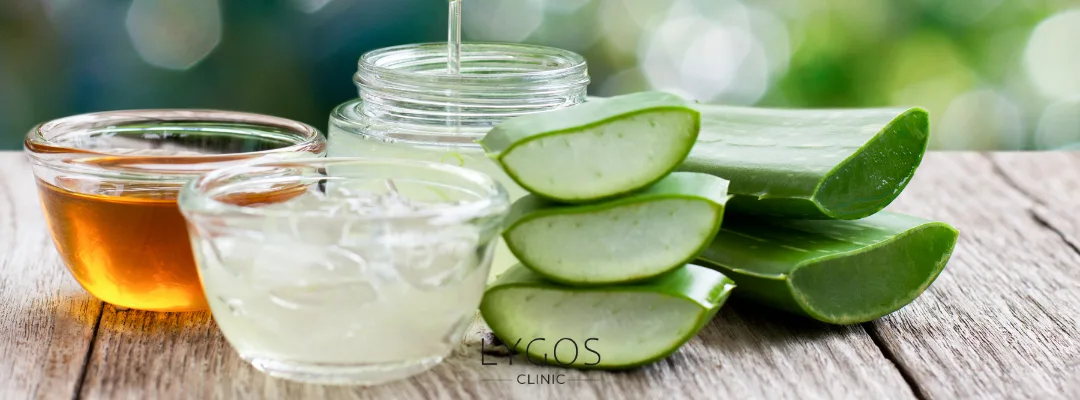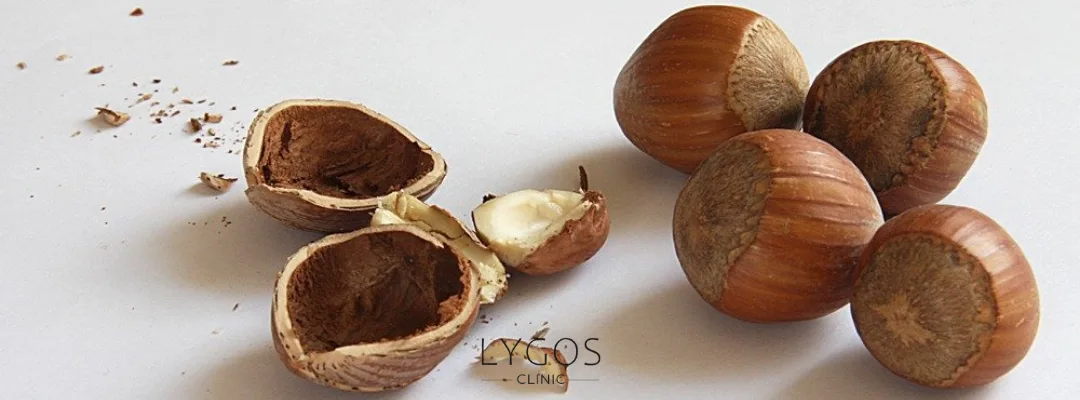What Is Good for Hair Breakage?

Chose Your Topic
What Is Good for Hair Breakage?
Our hair is one of the most striking aspects of our appearance. Healthy, shiny, and strong hair not only enhances aesthetics but also boosts self-confidence. However, improper care, environmental factors, stress, poor nutrition, and genetics can negatively affect hair health and lead to breakage. In this article, we comprehensively answer the question “What is good for hair breakage?”, covering natural remedies, nutritional tips, and more.

What Is Hair Breakage?
Hair breakage occurs when a strand of hair splits or snaps, either at the tip or mid-length. Healthy hair is elastic and flexible, but when it loses moisture, protein, or becomes damaged by external factors, the strands weaken, leading to breakage. It is especially common in hair that is frequently dyed, exposed to heat, or brushed improperly. Therefore, to understand what is good for hair breakage, it’s important to first identify the causes.
Causes of Hair Breakage
There are many different reasons for hair breakage, and knowing them helps in applying the right solutions:
- Excessive heat use: Frequent blow-drying, curling, or straightening weakens hair strands.
- Chemical treatments: Dyeing, perming, and bleaching damage hair.
- Improper brushing: Using harsh brushes causes breakage.
- Loss of moisture: Insufficient hydration accelerates breakage.
- Poor nutrition: Vitamin and mineral deficiencies directly affect hair health.
- Environmental factors: Sun exposure, wind, and pollution weaken hair.
- Stress: Long-term stress negatively impacts hair, causing breakage.
Considering these factors, the answer to what helps with hair breakage is directly linked to both hair care routines and lifestyle choices.

Natural Remedies for Hair Breakage
Using natural methods can be highly effective in reducing hair breakage. Instead of chemical products, simple homemade treatments can protect hair health and prevent breakage:
- Coconut oil mask: Deeply penetrates hair strands, adding moisture.
- Olive oil application: Nourishes the ends, reduces breakage, and adds shine.
- Aloe vera gel: Strengthens hair with its moisturizing properties.
- Honey mask: Helps maintain moisture balance and reduce breakage.
- Yogurt mask: Softens hair and makes it easier to detangle.
- Egg mask: Rich in protein, helps repair damaged strands.
When used regularly, these natural remedies improve hair health and effectively answer what is good for hair breakage.
Oils and Vitamins That Help With Hair Breakage
When hair lacks essential vitamins and minerals, breakage becomes inevitable. Supporting hair health both internally and externally is important. The most effective oils and vitamins for hair breakage include:
- Argan oil: Rich in vitamin E, deeply nourishes hair.
- Jojoba oil: Moisturizes the scalp and prevents breakage.
- Avocado oil: Contains omega fatty acids that increase elasticity.
- Almond oil: Adds shine and softness.
- Vitamin E: Neutralizes free radicals and strengthens roots.
- Biotin (Vitamin B7): Promotes growth and reduces breakage.
- Omega-3 fatty acids: Enhance flexibility and strength.
- Zinc: Supports hair cell regeneration.
With regular use, these oils and vitamins provide effective solutions for hair breakage.

Nutrition Tips to Reduce Hair Breakage
The key to healthy hair lies in a balanced diet. Adequate intake of vitamins, minerals, and protein is crucial. Here are nutrition tips that help reduce breakage:
- Eat protein-rich foods: Hair is made of protein, so eggs, chicken, fish, and legumes are essential.
- Leafy greens: Provide iron and folic acid for healthy growth.
- Nuts: Packed with zinc and vitamin E.
- Fresh fruits: Rich in vitamin C, which boosts collagen production.
- Dairy products: Provide calcium and protein to strengthen hair.
- Stay hydrated: Drinking enough water maintains hair’s moisture balance.
Developing healthy eating habits is one of the most permanent answers to what is good for hair breakage.
How to Prevent Hair Breakage
Preventing breakage requires regular care and the right habits. Keep these in mind:
- Avoid brushing hair while wet.
- Minimize the use of heat styling tools.
- Trim split ends regularly.
- Limit chemical treatments.
- Apply moisturizing hair masks.
- Protect hair from sun exposure with a hat.
- Choose the right shampoo and conditioner.
By following these habits and building a proper hair care routine, you can effectively reduce hair breakage.
Hair breakage results from factors like poor care and inadequate nutrition. Natural remedies, oils, vitamins, and a healthy diet can support hair health. Establishing a consistent care routine ensures stronger, healthier hair over time. Remember: the answer to what is good for hair breakage lies in proper care, balanced nutrition, and regular hair maintenance. Taking care of your hair not only improves your appearance but also helps you feel better mentally.
What Is Good for Hair Breakage? Frequently Asked Questions (FAQ)
Moisturizing oils (like argan or coconut oil) and trimming split ends are the quickest solutions.
No, split ends are irreversible, but regular trimming and care can ensure healthy regrowth.
Natural masks made with honey, aloe vera, or olive oil can help reduce breakage.
If your diet is lacking, supplements like biotin, zinc, and omega-3 may help—but only with a doctor’s advice.
Opt for sulfate-free, moisturizing, and nourishing shampoos to reduce breakage.



